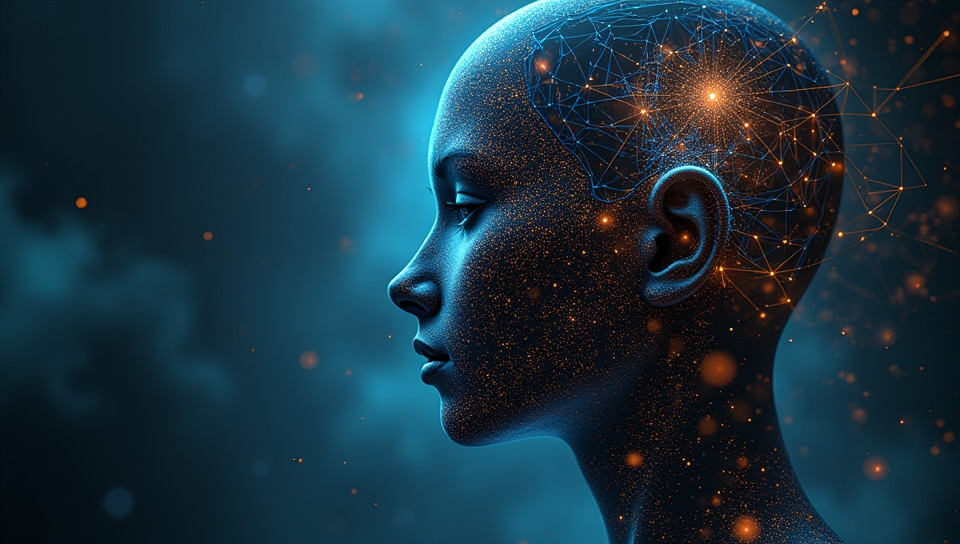Research may struggle to understand human consciousness 45%

The Elusive Puzzle of Human Consciousness
Have you ever wondered what makes us, us? What is it that sets humans apart from the rest of the animal kingdom? The answer lies in our consciousness – a complex and multifaceted entity that remains one of the greatest mysteries of modern science. Despite decades of research, scientists are still struggling to fully grasp the intricacies of human consciousness.
The Challenges of Studying Consciousness
Consciousness is a notoriously difficult concept to study, as it is inherently subjective and intangible. Unlike other scientific phenomena, such as gravity or electromagnetism, which can be measured and quantified with precision, consciousness exists in the realm of personal experience. This makes it challenging for researchers to develop objective measures that can capture its essence.
The Hard Problem of Consciousness
Philosopher David Chalmers coined the term "the hard problem" to describe the seemingly insurmountable challenge of explaining why we have subjective experiences at all. Why do we experience the world in the way that we do, with sensations, emotions, and thoughts? This question gets to the heart of what it means to be human, and yet, it remains one of the most pressing unsolved puzzles in modern science.
The Limits of Neuroscientific Methods
Neuroscientists have made significant progress in understanding the neural correlates of consciousness – the brain regions and processes that are involved in conscious experience. However, this knowledge has not led to a deeper understanding of what makes human consciousness tick. The methods used by neuroscientists, such as functional magnetic resonance imaging (fMRI) or electroencephalography (EEG), provide snapshots of brain activity but do not capture the complex, dynamic processes that give rise to conscious experience.
What We Do Know
Despite the challenges, researchers have made significant progress in understanding certain aspects of human consciousness. Some key findings include: - The importance of prefrontal cortex regions in executive function and decision-making - The role of default mode network in self-referential processing and memory retrieval - The significance of sensory cortices in perception and attention
A New Approach: Integrating Multiple Disciplines
Given the complexity of human consciousness, it is unlikely that a single discipline or approach will be enough to fully understand its nature. Instead, researchers are turning to interdisciplinary approaches, combining insights from psychology, neuroscience, philosophy, and even anthropology to shed light on this enigmatic phenomenon.
Conclusion
The study of human consciousness may indeed struggle to keep pace with our growing understanding of the natural world. However, it is precisely this challenge that makes the pursuit of knowledge so rewarding. By acknowledging the limits of our current understanding and embracing a more nuanced approach, we may yet unlock the secrets of what it means to be human. As researchers continue to push the boundaries of scientific inquiry, we are reminded that the mystery of human consciousness remains one of the most profound and fascinating puzzles of all time.
- Created by: Anzu Maruyama
- Created at: Oct. 31, 2024, 12:20 p.m.
- ID: 15028



